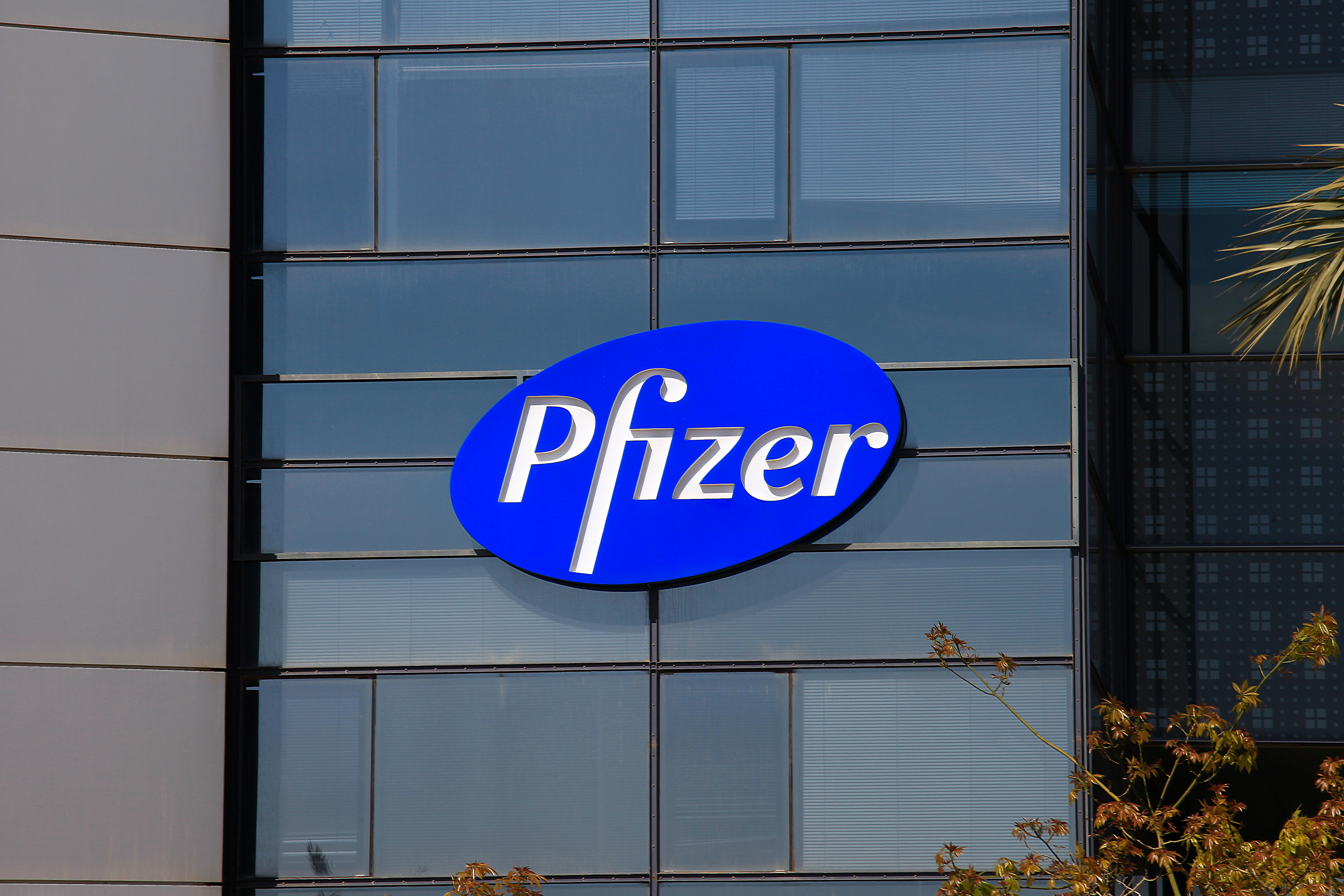
Merck, known as MSD outside the United States and Canada, in partnership with Pfizer, announced that two Phase 3 studies (VERTIS MET and VERTIS SITA) of ertugliflozin, an investigational oral SGLT-2 inhibitor in development to help improve glycemic control in adults with type 2 diabetes, met their primary endpoints. In the studies, both doses of ertugliflozin tested (5 mg and 15 mg daily) achieved statistically significant reductions in A1C, a measure of average blood glucose over a two- to three-month timeframe, when added to metformin or in initial co-administration with sitagliptin. The results of these studies, along with 52-week extension data from three other studies in the VERTIS clinical development program of ertugliflozin, will be presented at the 77th Scientific Sessions of the American Diabetes Association (ADA) in San Diego.
“We are pleased to share these new Phase 3 data with the scientific community that support the product profile of ertugliflozin as add-on therapy to metformin or for first-line use when combined with sitagliptin,” said Sam Engel, M.D., associate vice president, Merck clinical research, cardiometabolic and women’s health. “These studies are important milestones on our journey to bring this medicine to adults with type 2 diabetes and the physicians who care for them.”
“These results, combined with findings from other studies in the VERTIS program, underscore the potential of ertugliflozin as an important therapeutic option for adults with type 2 diabetes to help improve their glycemic control,” said James Rusnak, M.D., Ph.D., chief development officer, cardiovascular and metabolic diseases, Pfizer Global Product Development. “As the global burden of diabetes continues to rise, we are committed to meeting patients’ needs with additional treatment options to help manage their condition.”
VERTIS MET, a 26-week study, evaluated the efficacy and safety of ertugliflozin in combination with metformin, compared with placebo and metformin, in adults with type 2 diabetes uncontrolled on metformin monotherapy. The study showed patients taking ertugliflozin 5 mg or 15 mg and metformin experienced greater reductions in A1C compared to placebo (0.7 percent and 0.9 percent, respectively, compared with 0.0 percent for placebo, p<0.001, for both comparisons). Ertugliflozin in combination with metformin also met a secondary endpoint in the study, as significantly more patients taking either ertugliflozin 5 mg or 15 mg achieved the ADA’s recommended A1C treatment goal of less than 7.0 percent compared with placebo and metformin. As add-on therapy to metformin, treatment with ertugliflozin also resulted in significant reductions in fasting plasma glucose (FPG), body weight, systolic blood pressure (SBP) and diastolic blood pressure (DBP), compared with placebo.
The 26-week VERTIS SITA study compared the efficacy and safety of initial combination therapy with ertugliflozin and Merck’s DPP-4 inhibitor JANUVIA® (sitagliptin) with placebo. In this study, patients taking ertugliflozin 5 mg or 15 mg, in combination with sitagliptin 100 mg, experienced greater reductions in A1C compared with patients taking placebo alone (1.6 percent and 1.7 percent, respectively, compared with 0.4 percent in patients taking placebo, p<0.001 for both comparisons). Additionally, the co-administration of ertugliflozin and sitagliptin met a secondary endpoint in the study, as significantly more patients taking ertugliflozin 5 mg or 15 mg, in combination with sitagliptin 100 mg, achieved the A1C treatment goal of less than 7.0 percent. Treatment with the initial combination of ertugliflozin and sitagliptin also resulted in significant reductions in FPG, body weight and SBP, compared with placebo.
Ertugliflozin is being investigated in the VERTIS clinical development program, which is comprised of nine Phase 3 trials in approximately 12,600 adults with type 2 diabetes. VERTIS CV, the ongoing cardiovascular (CV) outcomes trial of ertugliflozin, recently completed enrollment with approximately 8,000 patients. The primary endpoint of VERTIS CV is to assess the non-inferiority of ertugliflozin to placebo on the composite of CV death, nonfatal myocardial infarction or nonfatal stroke (MACE). In 2016, the trial was expanded and pre-specified secondary endpoints were added to test for superiority on the composite of CV death and hospitalization for heart failure, and for superiority on CV death alone.
Marketing applications for ertugliflozin and for two fixed-dose combination products (ertugliflozin and JANUVIA, ertugliflozin and metformin) are under review with the U.S. Food & Drug Administration (FDA) and the European Medicines Agency. The Prescription Drug User Fee Act (PDUFA) action date from the FDA is in December 2017 for the three New Drug Applications.
Filed Under: Drug Discovery




